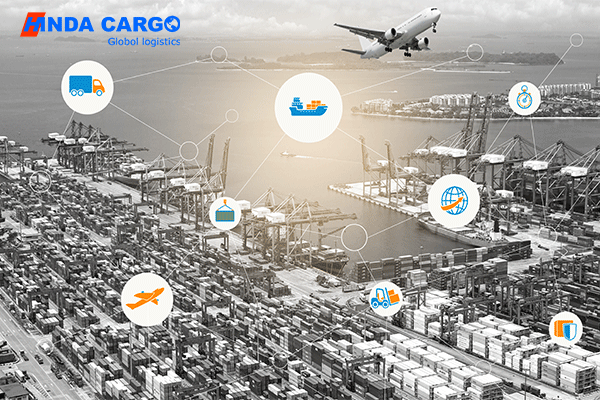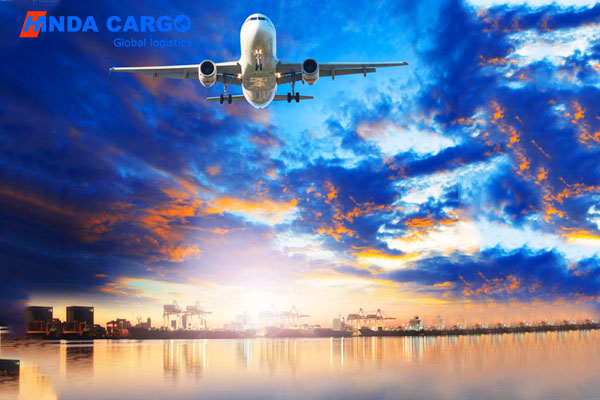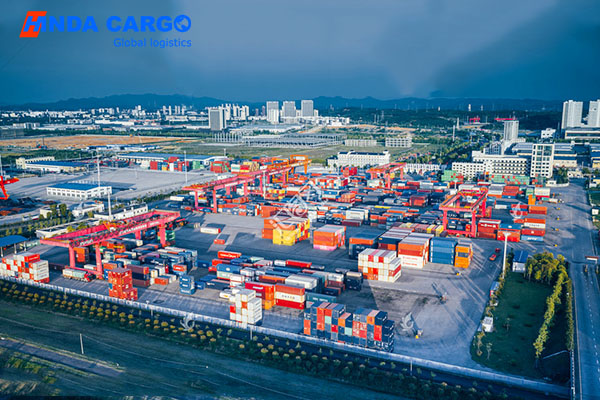What does freight mean?
In the field of modern logistics and international trade, freight is a crucial concept. It not only represents the core of the global economy, but also an important link connecting markets around the world.
Although this term frequently appears in discussions of the business, trade and logistics industries, many people may not fully understand its meaning and the complex operations behind it. This article will take a deep look at the definition, types, transportation methods and importance of freight in the global economy.

What does freight mean?
Freight usually refers to bulk commodities or materials shipped by various modes of transportation, such as sea, air, rail and road. Unlike express parcels, freight is usually larger in size, heavier in weight, and involves more complex transportation processes. Freight includes raw materials, semi-finished products, finished products, and various industrial, agricultural and consumer products.
The transportation of freight is not just about transporting items from one place to another, but a complex logistics process involving packaging, warehousing, loading and unloading, customs declaration, insurance and other links. These links require highly specialized operations and management to ensure that the goods arrive at the destination safely and on time.

What are the types of freight goods?
Freight goods can be classified according to different standards, mainly including the following:
1. Classification by the nature of the goods
● Ordinary goods: These are common commodities, such as textiles, electronic products, food, etc.
● Dangerous goods: Including flammable, explosive, toxic, and corrosive items, such as chemicals, fuels, radioactive materials, etc. Special packaging and handling measures are required to transport such goods.
● Perishable goods: Mainly foods and medicines that need to be refrigerated for transportation, such as fruits, vegetables, meat, and vaccines.
2. Classification by cargo form
● Bulk cargo: refers to bulk cargo that is not packaged or is only simply packaged, such as coal, ore, grain, etc.
● Container cargo: Goods transported in standardized containers, which can be groceries, machinery and equipment, electronic products, etc.
● Heavy cargo: refers to goods with large volume and heavy weight, such as large machinery, equipment, vehicles, etc.
3. Classification by mode of transport
●Sea freight: Goods transported by sea, usually bulk commodities such as oil, natural gas, ore, grain, etc.
●Air freight: Goods transported by air, suitable for high-value, time-sensitive goods, such as electronic products, luxury goods, urgently needed medical supplies, etc.
●Rail freight: Goods transported by rail, mainly heavy goods and bulk commodities, such as coal, steel, chemical products, etc.
●Road freight: Goods transported by road, suitable for medium and short-distance transportation, high flexibility, can be delivered directly to the destination.

What are the modes of transport for freight goods?
There are many modes of transport for freight goods, mainly including the following:
1. Sea freight
Sea freight is the most important mode of international cargo transportation, suitable for long-distance transportation of bulk commodities and heavy goods. Sea freight has the advantages of low transportation cost and large transportation volume, but the transportation time is longer. Sea freight usually uses ships such as container ships, bulk carriers, and tankers.
2. Air freight
Air freight is suitable for transporting high-value, time-sensitive goods, such as electronic products, flowers, medical equipment, etc. Air transport has the advantages of fast transportation speed and high safety, but the transportation cost is relatively high, and it is suitable for long-distance transportation of small and medium-sized goods.
3. Railway transportation
Railway transportation is suitable for medium and long-distance transportation of bulk commodities and heavy goods, and has the advantages of moderate transportation cost, large transportation volume, and environmental protection. Railway transportation also plays an important role in cross-border transportation, especially between Europe and Asia.
4. Road transportation
Road transportation is highly flexible and suitable for medium and short-distance cargo transportation, and can realize "door-to-door" service. Road transportation occupies an important position in domestic logistics and is usually combined with other modes of transportation to achieve multimodal transportation.
5. Multimodal transportation
Multimodal transportation refers to the combination of two or more modes of transportation to optimize logistics efficiency and reduce transportation costs. Multimodal transportation usually involves a combination of sea, rail, road and air transportation to achieve the whole transportation of goods from the place of production to the destination.
Conclusion
Freight cargo is a core component of global logistics and international trade. Through efficient transportation methods and professional management methods, freight logistics companies have provided strong support for the development of the global economy.




